Thanks to Teleread, here’s an interesting infographic about changing reading habits (via Live Science).
It’s encouraging news for the e-revolution, as people with an ereader read more books – and more people are getting an ereader, so do the math – but what the infographic doesn’t cover is how people’s reading habits might change once the majority of reading is being done via ebooks. Even intellectuals like Sam Harris say that his personal reading habits are changing:
I love physical books as much as anyone. And when I really want to get a book into my brain, I now purchase both the hardcover and electronic editions. From the point of view of the publishing industry, I am the perfect customer. This also makes me a very important canary in the coal mine—and I’m here to report that I’ve begun to feel woozy. For instance, I’ve started to think that most books are too long, and I now hesitate before buying the next big one. When shopping for books, I’ve suddenly become acutely sensitive to the opportunity costs of reading any one of them. If your book is 600 pages long, you are demanding more of my time than I feel free to give. And if I could accomplish the same change in my view of the world by reading a 60-page version of your argument, why didn’t you just publish a book this length instead?
If this is happening to Sam Harris, what is it doing to the casual reader?
People have been asking for a while now: Does the Internet Change the Way We Think?
The Daily Beast has a good summary of that (very long) discussion. The consensus:
The most striking thing about the 50-plus answers is that scholars who study the mind and the brain, and who therefore seem best equipped to figure out how the Internet alters thought, shoot down the very idea. “The Internet hasn’t changed the way we think,” argues neuroscientist Joshua Greene of Harvard. It “has provided us with unprecedented access to information, but it hasn’t changed what [our brains] do with it.” Cognitive psychologist Steven Pinker of Harvard is also skeptical. “Electronic media aren’t going to revamp the brain’s mechanisms of information processing.”
Not to take on a neuroscientist, but: I doubt it. Of course there’s a difference between totally rewiring of the brain, and just changing habits, but they’re two sides of the same coin. Given the huge amount of information available, some amount of information fatigue is going to set in. Also, it’s like the quip about weather in Florida – don’t like it, wait five minutes. Don’t like the book you’re reading, there are thousands others available. Frankly, I’ve never been one of those people who will read a book till the end if I’m hating it – though reading a book I don’t like is somewhat instructive about craft, I don’t really need to learn this lesson for 500 pages. I’ll be even more disinclined to stick with something if a hundred other downloaded books are all beckoning for my attention.
Browsing fosters a short attention span – it just does. Very often, I’ll scan a story, rather than reading it in full, only to click a link and do the same somewhere else. There’s nothing to suggest this type of reading won’t translate to ereaders as well – especially tablet readers, in which the interface is the same thing where you also browse the web. Tablets are set to become the norm, with dedicated readers potentially becoming what print books are set to become: a niche market.
This is beginning to sound like a manifesto against ereaders. It’s not: the e-revolution is amazing. Information is power, so more information can only improve the culture overall. But you can’t talk about this issue without also mentioning some of the downsides. This will potentially make it harder for self-publishers to make a mark. Unless you really grab people within the first 20 pages, readers may just move on, meaning it’ll be harder to generate buzz.
The Commercialization of Reading
There’s the question of why the e-revolution has primarily been driven by the success of mainstream fiction. On the one hand, this is totally unsurprising: more people read commercial fiction, or it wouldn’t be commercial. But there is the possibility that indie publishing, far from being “independent,” will have to be compromise in order to keep people’s attention. In other words: there will be very little separating self-publishing and traditional publishing, where marketing often trumps content. This came up recently in a post on the Fall of Print. A writer changed the cover of her book from this:
to this:
Those represent two very different types of books. I responded: “Though it’s good news that writers have the control to make these changes very quickly – mimicking the traditional publishing industry by commercializing everything isn’t necessarily the greatest step forward.” Her response:
Though I was really fond of the old cover (I loved the expression of the woman, from that long-ago portrait, created in the early 19th century), and it was the best I could do with my own resources, I did have concerns that it didn’t reflect the book accurately…
But yes, there is also the possibility that writers will distortively re-brand their work in the hopes of garnering more sales, even if that new “look” is not entirely reflective of the work they’re selling–which would be commercialization in the worst sense of the word, and possibly self-defeating as well, given that such an approach is likely to draw the wrong audience, who would be expecting something different, based on the visual cues provided by the cover and the marketing.
She’s right, and authors need to look out for the impulse of homogenizing a book to make it more marketable – even if the above suggests this is what writers need to start thinking about if they want to make a dent. But disappointing a reader who was expecting a different type of book will not generate any buzz, or possibly lead to bad reviews. In a world of readers with shorter attention spans, and an overwhelming amount of available information, this issue may become more common, as writers will experiment with new ways to get people’s attention.
In general, the world of e-publishing is going to get a lot more competitive, as there will be more books and readers will be more selective. But, on the whole, the ereading revolution is likely going to create more readers than it alienates. Think of all the stories there are today: they’re all about how people are adopting the new technology, rather than another article about how nobody reads anymore. Ereaders add an extra level of excitement to reading. That excitement could level off as ereaders become ubiquitous, and it may become harder to reach those people with ereaders in hand, but still, one major thing is happening: people are reading.
A New Literary Culture
Will people’s relationship with books change because of the transient nature of ebooks? For instance, could the e-revolution make the publishing industry even more commercialized than it is already? That’s yet to be determined, and certainly there’s less of a “literary culture” in the mainstream than there used to be. Clay Shirky writes:
Having lost its actual centrality some time ago, the literary world is now losing its normative hold on culture as well. The threat isn’t that people will stop reading War and Peace. That day is long since past. The threat is that people will stop genuflecting to the idea of reading War and Peace.
Though people’s reading habits may change, which will in turn change how some writers try to appeal to those readers, books matter again: Book Publishing Is Growing; E-Book Revs and Sales Up Over 1000%.
You create readers, you potentially create people who will take a look at the canon. Right now public domain books from the literary canon are freely available to anyone with an internet connection – it’s hard to see how this will decrease the amount that people read these works. Maybe it means readers will be more willing to try The Death of Ivan Illyich before War & Peace. That’s fine. As Shirky writes: “No one reads War and Peace. It’s too long, and not so interesting.”
And just because it’s going to get harder to sell books given more competition, there will also be more stories of people finding success without any huge promotional muscle. From the Fall of Print:
The major bottleneck for starting and lesser known writers is gone. It will always be hard to find readers, but at least nothing now stands in the way of your access to them. It may take time, but while you wait, you can be selling, perfecting your craft, building your skills as a writer/publisher/marketer. Before, there was little to do but wait.
Whatever negativity you might want to drum up about the e-revolution – “These things mean something murderous for the future of literature.” – the fact that more people are reading is good long-term news for writers, and book culture. That link (by the editor of Harper’s) says that web book culture is “solipsistic.” It would seem to be the opposite: readers are connected to books and to each other like never before. It’s not a perfect system – ebooks are getting dirt cheap, for one, so it’s harder to make a living – and there will be other problems along the way (maybe a Napster for ebooks) but more people are reading and publishing. Maybe we should take a step back and realize how completely amazing that is. A whole new book culture is forming – it may not look like what came before it, but that’s usually the case with revolutions.
Get an Editorial Review | Get Amazon Sales & Reviews | Get Edited | Get Beta Readers | Enter the SPR Book Awards | Other Marketing Services


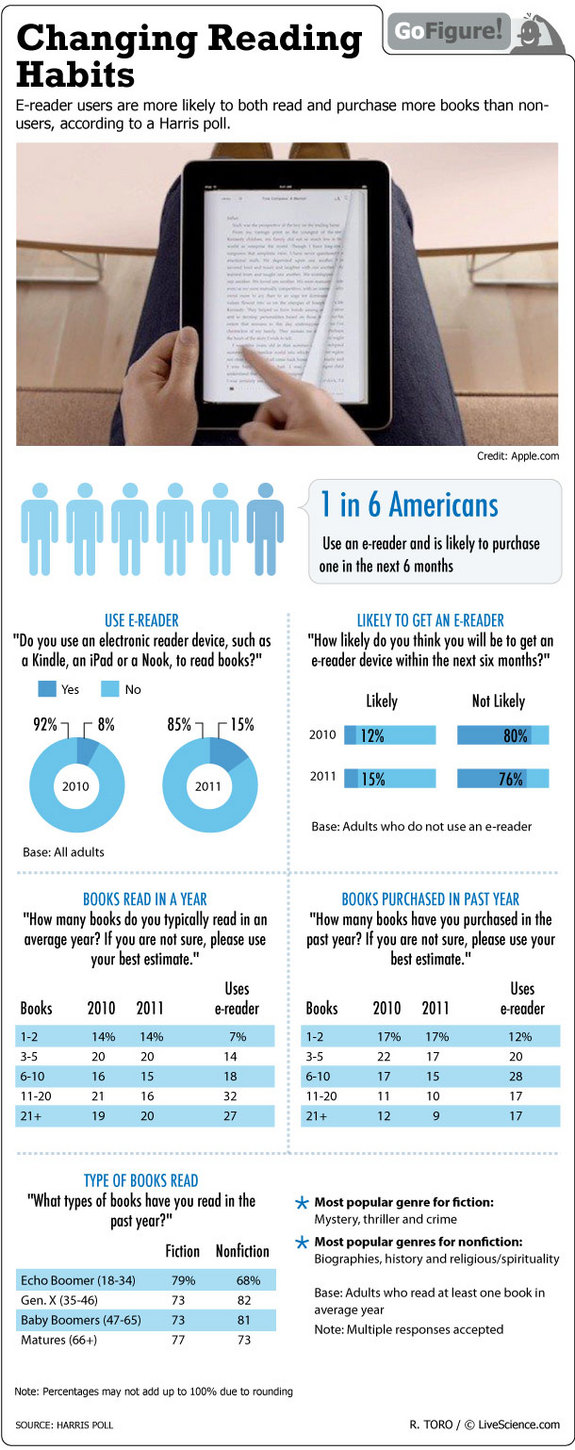
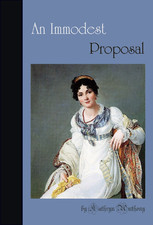










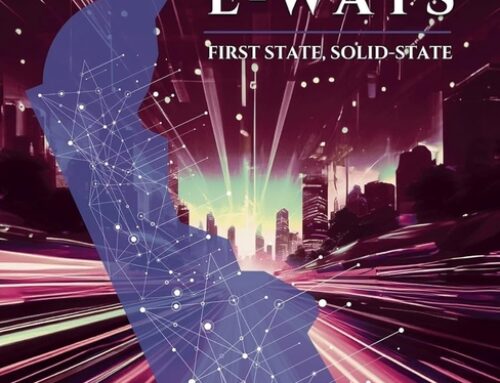


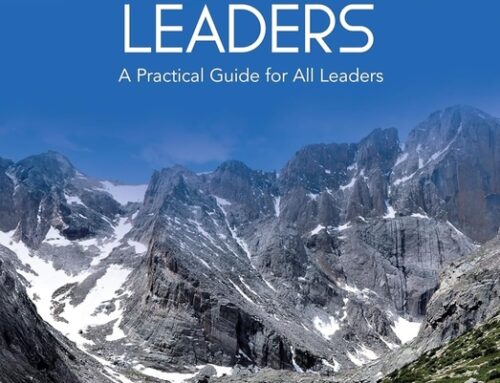
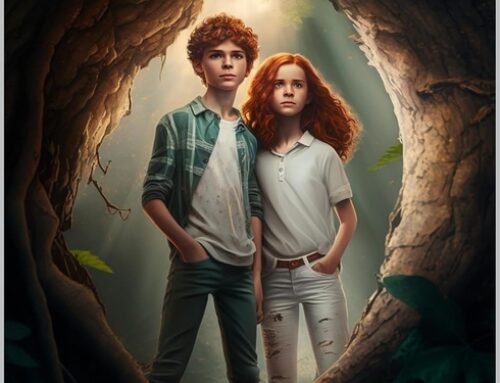

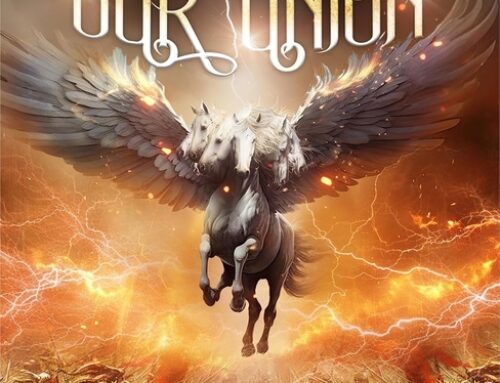

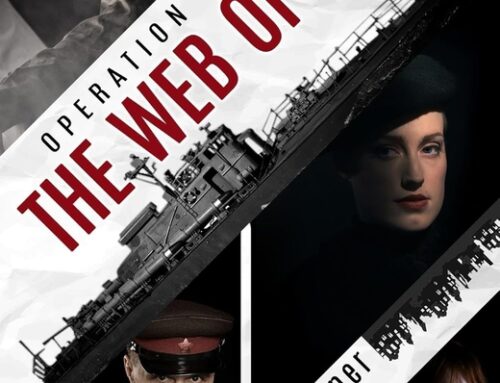


Henry,
Thanks for the post. As you know, I’m coming to it from our earlier discussion (at the fall of print).
Just wanted to add that almost every time I strike up a conversation with someone about their experience of adopting an ereader, one of the first observations they tend to share is how much more reading they now do with it. It obviously has a lot to do with removing barriers to reading — selection, access, heft or portability, etc.
But you’re pointing to something really important that often tends to be overlooked in discussions of the ebook revolution. It really is a boon for reading in general — a kind of unexpected salvation of literary culture itself.
I too am curious about “how people’s reading habits might change once the majority of reading is being done via ebooks”…
We’re certainly going to have a lot more choice, and we may often be more distracted. But it might also mean that more people who spend so much of their time online will take up longer-form reading a bit more often than they do now.
In short, I agree that the future for both readers and writers looks a lot brighter than it did just a few years ago…
Henry, the section of your post entitled “The Commercialization of Reading” deals with an important issue for independent authors. We hear a lot of voices telling us we’re failures if we don’t become the next Konrath or Hocking.
Listening to those voices, I recently decided my book needed a new cover to attract more attention and increase sales. I did the same thing Kathryn Anthony appears to have done. Although in her case she might’ve been justified in doing what she did, those aren’t the covers for the same book.
I showed my new cover to my good friend and editor, whose advice I prize. It took her less than a minute to suggest that I not put it on my book. She agreed it might very well attract more attention for the book and increase its sales. On the other hand, she said, it doesn’t represent the book I’ve written.
Furthermore, she said, the readers I’m looking for would take one look at it and refuse to buy the book based on the cover alone. Talk about self-defeating.
I think independent authors face this issue every day of their writing lives. Do they wish to sell minor, easily forgettable entertainments for the millions? Or would they rather engage a smaller number of readers in a major way?
In any event, here’s some advice for independent authors: don’t be afraid to seek guidance from book-loving friends who aren’t afraid to let you know when you’re about to make a dreadful mistake.